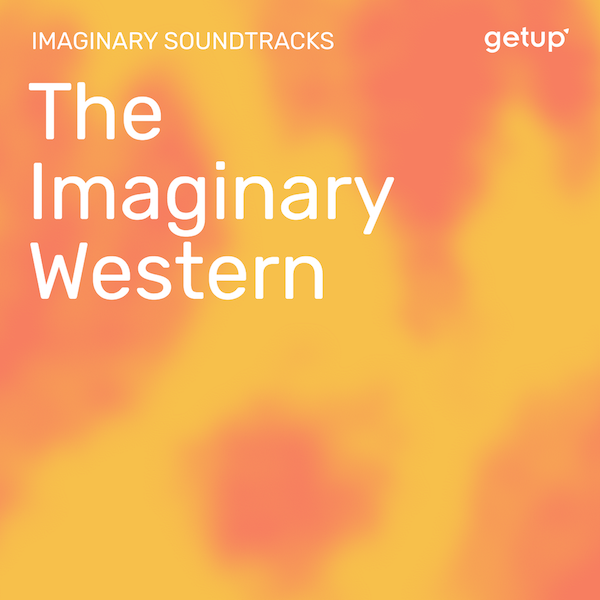When, with Gerry, Gus Van Sant tells the story of two friends who get lost in the Californian desert, with little hope of getting out alive, he portrays this vastness of sands in a way rarely shown in American pop culture. For the desert is part of the great American landscape, playing a big role in its history and the idea of the American dream. It is a symbol of the Far West, where people run, hunt and kill. It is a symbol of the Wild West, where you run, hunt and kill; where you hide, and where you sometimes meet lady luck at the bend in a sandy path or stumble upon a life-saving oasis. This mythology was immortalised in film by John Ford and the spaghetti Western trend of Sergio Leone, and set to music by Ennio Morricone. In this image the Far West is inhabited by saloons, cowboys, thugs and Native peoples.
It is an arid space where life seems pixelated. Between its oases and distinctive fauna, the desert is also famous for its strange silence, the same one that drew in Arthur Rimbaud. “I have always loved the desert. One sits on a sand dune. You can’t see anything. You hear nothing. And yet something in the silence resonates…” says Saint-Exupéry’s Little Prince. If the silence resounds there like nowhere else, both multiplied and suffocated by the dunes, it can only be because the desert – for want of water – wishes to be a source of music.
In the tracks evoking desert regions, one can understandably hear organic instruments. These are usually guitars – so common in country and americana – that take on an Eastern flavour when it comes to the majestic Sahara (in this case the instruments are willingly electrified, as if to embody the immobile violence of this particular desert). The occasional synth sneaks in but it’s rare. The lack of rain and inhabitants also manages to evoke interstellar space – Frank Herbert’s novel Dune offers a fictional example of this with the planet Arrakis.
This desert’s silence has inspired works of contemporary music by Leonard Bernstein, Steve Reich and Keith Jarrett, who resist Eastern strains. It prompts us to celebrate the hopes (and mirages) of the American dream, about which the sand prompts even greater fantasies, be these from the sands of Californian (The Eagles, Jonathan Wilson) or of Arizona (Calexico). In spite of its capacity to exile and even destroy us because it is so difficult to survive – let alone thrive – there, the desert offers a fixed point in many of the world’s cultures and traditions – the Tuareg band Tinariwen proves just that on each of their albums, which are as political as they are poetic.
The desert is a metaphor. Surrounded by a vast solitude with little vegetation, one pursues one’s lost loves – or tries to forget them. The heat goes to your head, the wind carries you where you shouldn’t have gone… to love the desert and its endless horizons, amongst the most contemplative in the world, is to accept the possibility of getting lost – and perhaps of having the chance to (re)find yourself once more.
.jpg)





.jpg)
.jpg)
